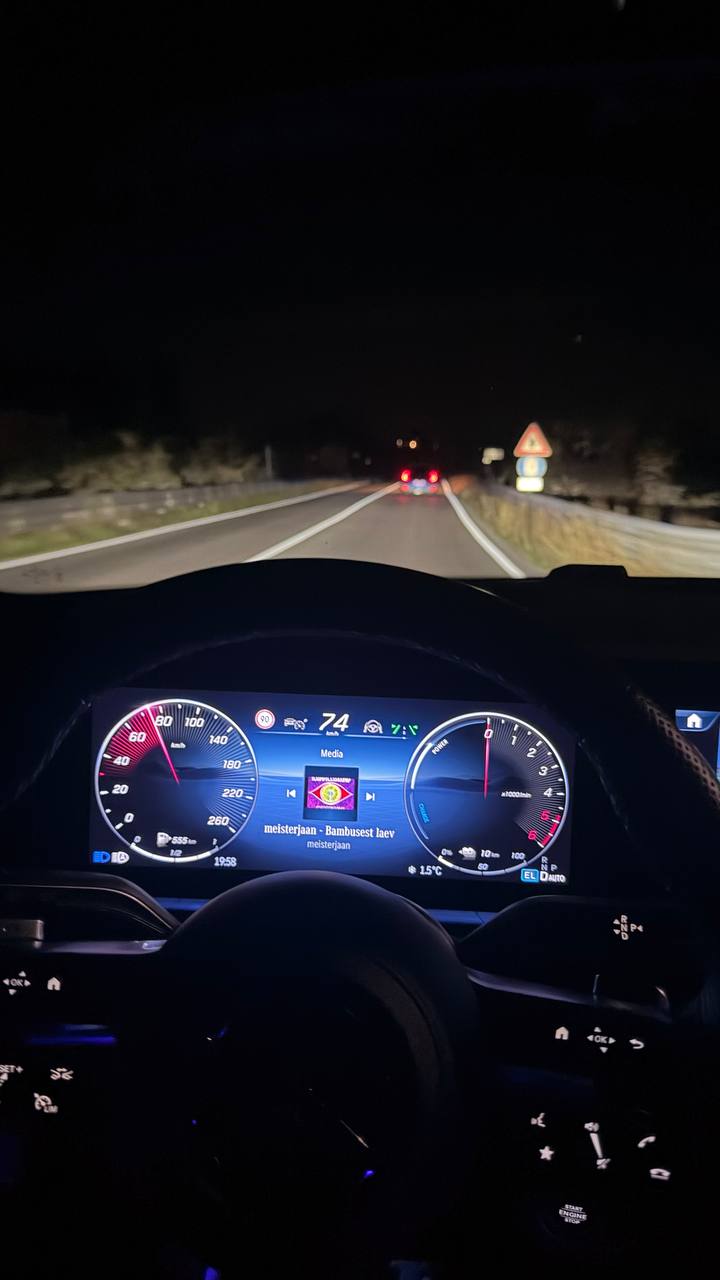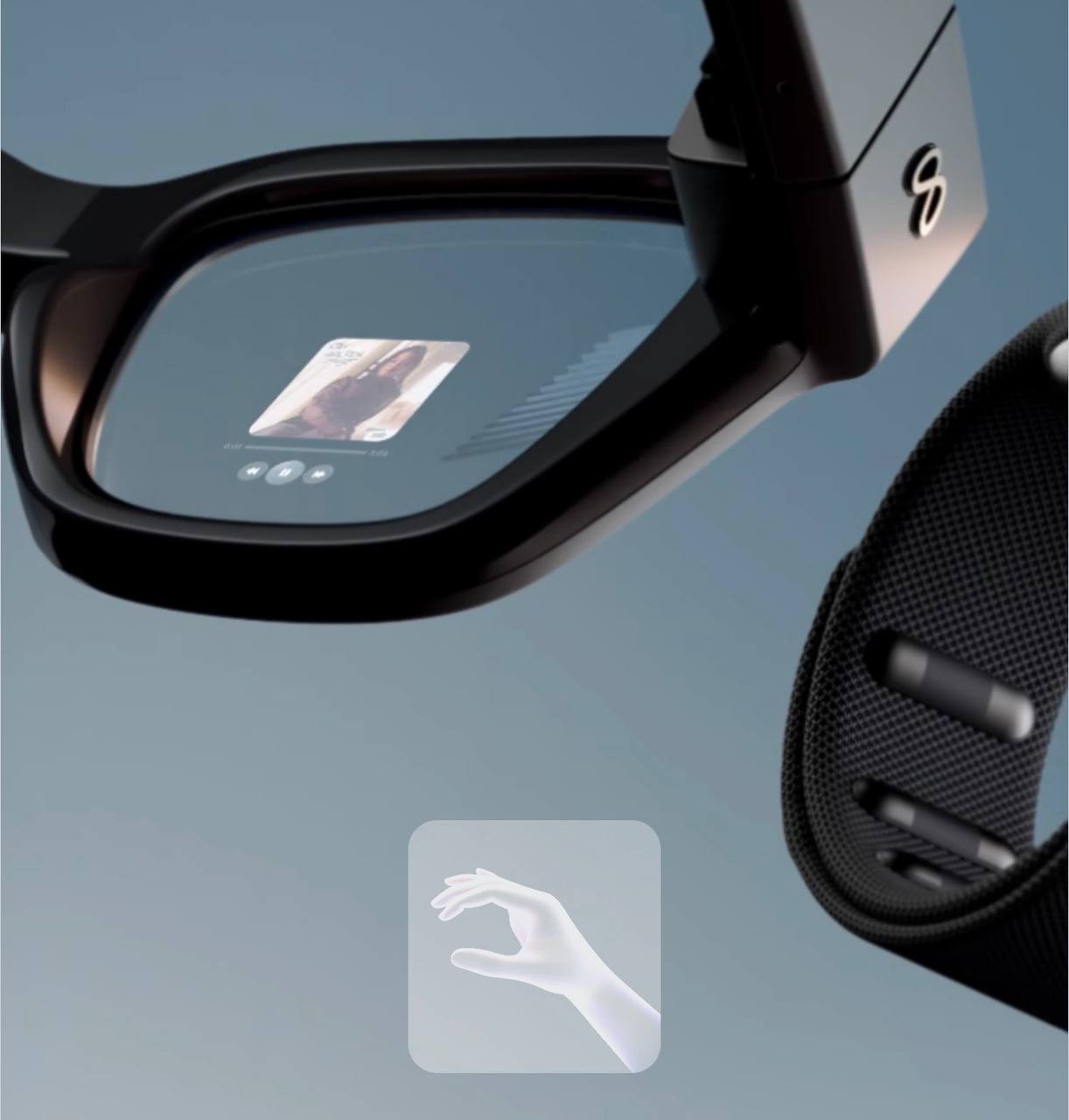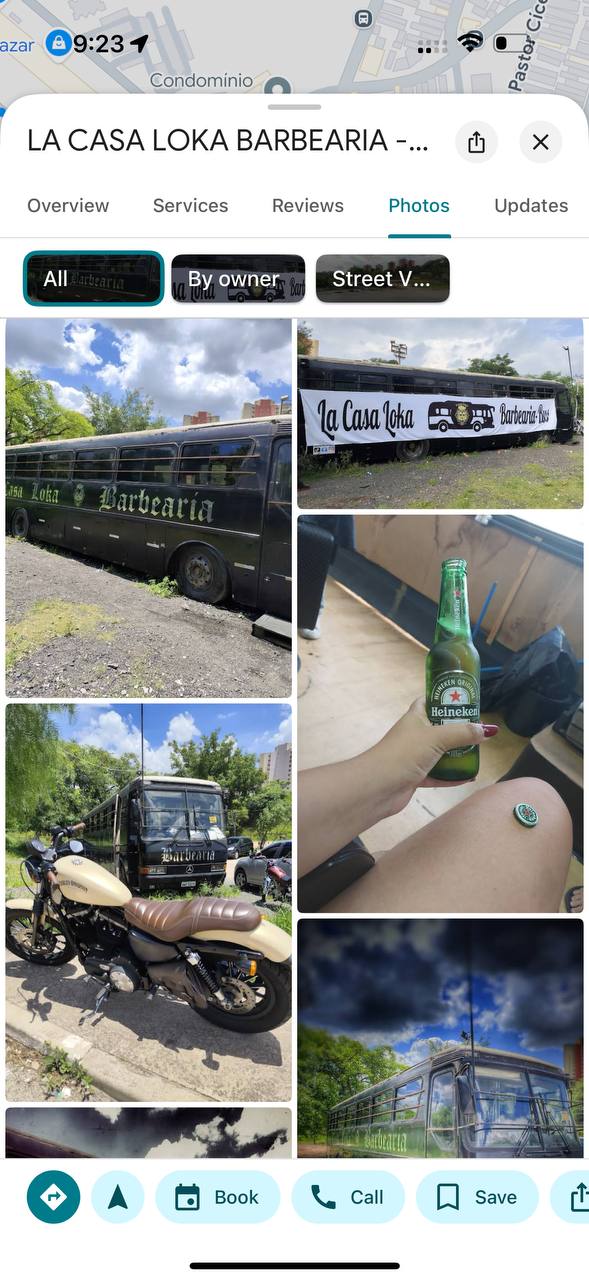Robotaxis are already changing how cities and people move
The Economist recently published a fascinating article about how self-driving vehicles are already transforming city economies and travel behavior.
For me, this is almost personal. I clock over 100,000 kilometers a year, and I’m waiting for a decent autopilot system more eagerly than my kids wait for Santa.
Imagine future road trips: switch on the robot for boring highways, and take the wheel only when the road becomes pure pleasure—winding mountain passes or off-road trails where autopilots will still struggle for years.
Where robotaxis already drive—and what's coming next
In pilot cities, there are more of these vehicles than you'd think.
In San Francisco, they account for around 10% of rides. Los Angeles and Phoenix are catching up quickly. Waymo—Google’s self-driving car project—isn’t profitable yet, but most of the costs are R&D. Once the tech goes mainstream, the cost per ride will drop more sharply than we can imagine. That’s when things will really start to shift.
The silent disappearance of old professions
The taxi driver profession is clearly on its way out. Robots don’t need breaks, weekends, or paid leave. But it won’t stop there. Fewer accidents means fewer jobs for lawyers and insurance agents who've built careers around traffic collisions. It’s already visible in the stats.
Say goodbye to parking lots and traffic fines
Parking? Also doomed. Why park when your self-driving car can just leave the city center—or circle the block while you sip coffee? Vast parking zones can be repurposed into homes, offices, or, if we’re lucky, parks.
New habits, new chaos, and a shift in behavior
People’s habits are shifting too. Office workers might start moving to the suburbs—after all, you can work on a laptop from the backseat of a robotaxi. Pedestrians might stop checking for cars before crossing: the robot will stop. In San Francisco, human drivers are already cutting off autonomous cars more aggressively—after all, the AI always yields.
Cities will lose revenue from traffic fines, and specialized lawyers and insurers might disappear right after taxi drivers.
Driving licenses for the few, by passion
It’s quite possible that within a decade, getting a driver’s license will be harder than getting a pilot’s license. Only true enthusiasts will bother. Which is actually great: it’ll just be me and the robots out on the road.


